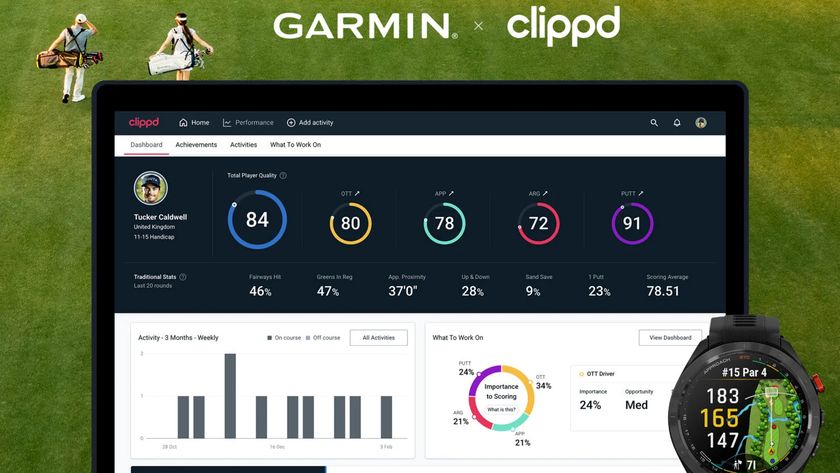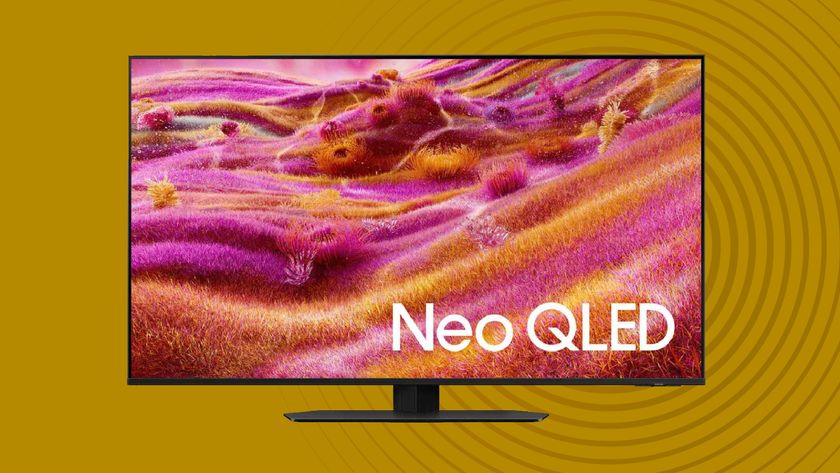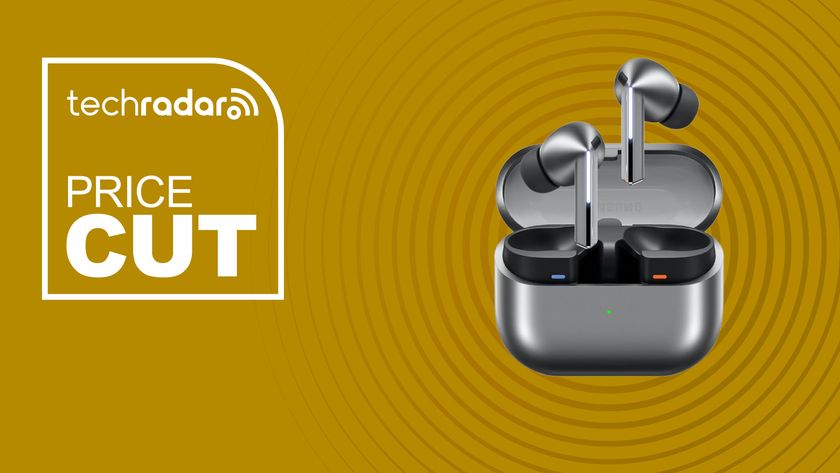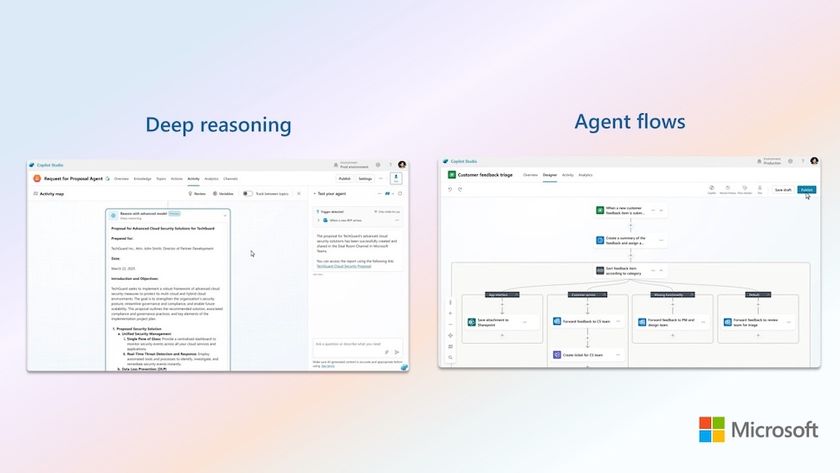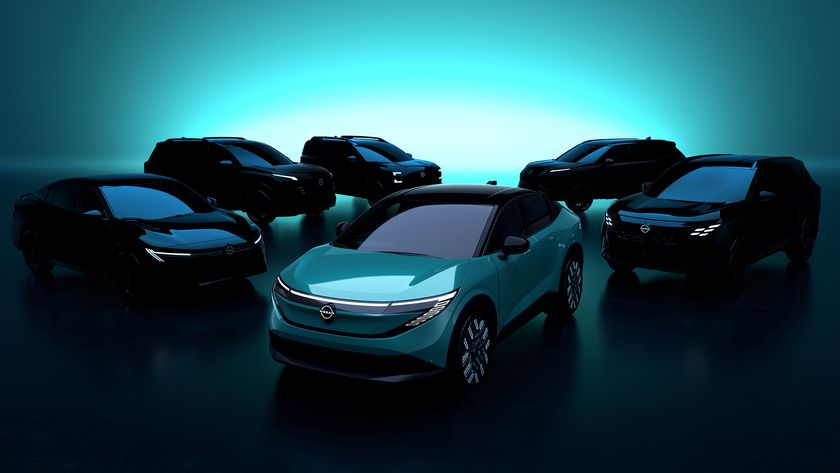So, why isn't everyone using VP8 then?
VP8 is still a fairly new codec, meaning it doesn't have widespread support just yet. However, Mozilla and Opera have already pledged to support WebM in their browsers and Adobe will be adding support to its Flash Player software. If you use Miro, VLC or Moovida, you'll also be pleased to hear that support will be heading your way too.
Fair enough! So what are the key differences between VP8 and H.264?
Aside from the patent issue, the difference between the two for visual or audio quality is usually unnoticeable for the end user when hardware acceleration isn't a factor. If you use hardware acceleration, then inevitably H.264 shines because it's so widely supported where VP8 isn't right now.
Once the support gap is plugged, the patent issue will be the overriding difference between the two codecs.
Will WebM be available on devices other than the desktop?
Yes. The plan with hardware partnerships is to try to create a consistent experience across different devices of varying grades of hardware. In theory, your smartphone, tablet, laptop, desktop and netbook should all be able to play the same videos. This is already the case with H.264, and WebM will be arriving on these platforms to remain competitive.
Get daily insight, inspiration and deals in your inbox
Sign up for breaking news, reviews, opinion, top tech deals, and more.
So how long can I expect to wait for hardware acceleration?
The major advantage for H.264 is that it's had a longer head start and is therefore already supported on most hardware platforms. However, thanks to Google's general aura, we've already seen AMD, various ARM chip makers and Broadcom pledge support. Nvidia is also considering adding to support to its system-on-chip Tegra platform, while Intel has promised to also support it once it starts to see widespread adoption.
This is still in the early stages for hardware support, but VP8 support on the software side should be available in the next few months, if not by the end of this year.
What about if I'm using another operating system and find myself stuck with Internet Explorer or Safari?
Internet Explorer doesn't natively support WebM, but so long as you have the Vorbis and VP8 codecs installed on your machine, WebM content should still be playable. Safari users will need to install the same codecs for QuickTime in order to achieve the same result.
Does VP8 need a specific encoder?
There's no single encoder or decoder that VP8 requires. FFmpeg is supported for VP8 playback, and Windows users will find filters available for DirectShow. Thanks to the open nature of the VP8 codec and its associated software development kit (SDK) we should see a wide range of VP8 players and encoders, along with Firefox, Opera and Chrome supporting VP8 out of the box.
So where can I watch WebM content right now then?
I like your enthusiasm! If you want to start viewing WebM content right away, you can sign up the the HTML5 beta version of YouTube at www.youtube.com/html5 and download one of the supported browser builds from that page.
At the time of writing, VP8-compatible versions of the three browsers we mentioned weren't yet released and still in the beta stages, but should be stable enough for general use by the time you read this. The VP8-compatible version of VLC should be a full release.
This all sounds excellent! Where can I find more information?
You can view the demonstration at Google I/O or view the latest technical details about WebM via its Wikipedia entry. You can also follow progress at the project's website or On2's website.







